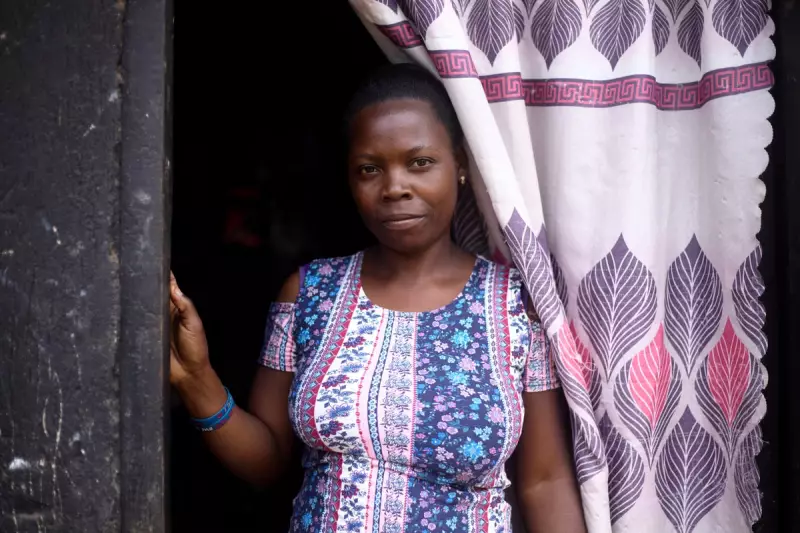
In a revelation that sends shockwaves through the global health community, Swiss pharmaceutical behemoth Novartis stands accused of exploiting a World Health Organisation (WHO) initiative designed for pandemics to aggressively market a costly cancer drug in financially vulnerable African nations.
The scheme, unearthed by a joint investigation, centres on the WHO's Access to Accelerator (A2A) programme. Conceived as a rapid-response platform to fast-track tools for pandemics like Covid-19, A2A was allegedly co-opted by Novartis to target government health officials in Nigeria and Kenya.
A Programme Diverted from its Mission
The core allegation is that Novartis used the A2A's platform and the WHO's esteemed branding to promote its leukaemia drug, imatinib, which is sold under the brand name Glivec. This move is described by insiders as a blatant 'mismatch' for a programme intended for emergency pandemic response, not for the commercial promotion of non-communicable disease treatments.
Internal documents show Novartis sales representatives actively using A2A-branded materials in meetings with senior officials, creating a perceived endorsement from the UN health agency that could unfairly influence national drug procurement decisions.
The High-Cost Barrier to Treatment
At the heart of the ethical dilemma is the drug's prohibitive cost. A monthly supply of Glivec can run into thousands of dollars, placing an immense burden on the public health systems of countries like Nigeria and Kenya. This stands in stark contrast to the programme's supposed ethos of improving access and affordability.
Critics argue this tactic undermines the use of far cheaper generic alternatives, potentially diverting limited health budgets away from more pressing needs and towards a single company's high-profit product.
WHO's Response and Mounting Scrutiny
The WHO, upon discovering the activities, swiftly moved to sever its connection, demanding Novartis cease using the A2A name. A WHO spokesman emphasised the programme was strictly for pandemic-related products and that the agency does not endorse specific companies or medicines.
This incident raises profound questions about the boundaries between public health partnerships and corporate interests. It highlights the risk of powerful pharmaceutical companies leveraging the credibility of international bodies to open new, lucrative markets, even when it conflicts with the urgent health priorities of those regions.
The fallout prompts a necessary examination of the safeguards needed to prevent such co-opting of global health initiatives, ensuring they serve the world's most vulnerable populations, not corporate balance sheets.





